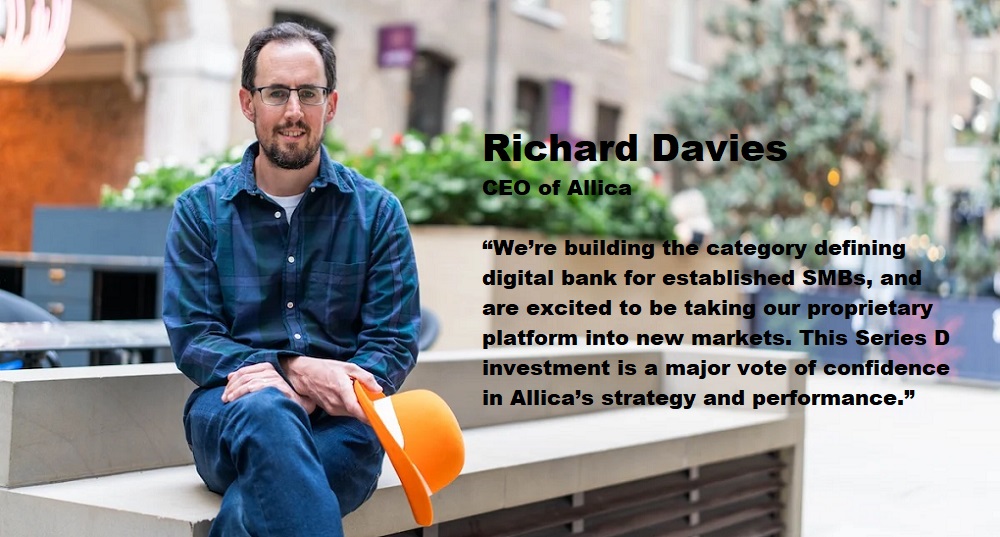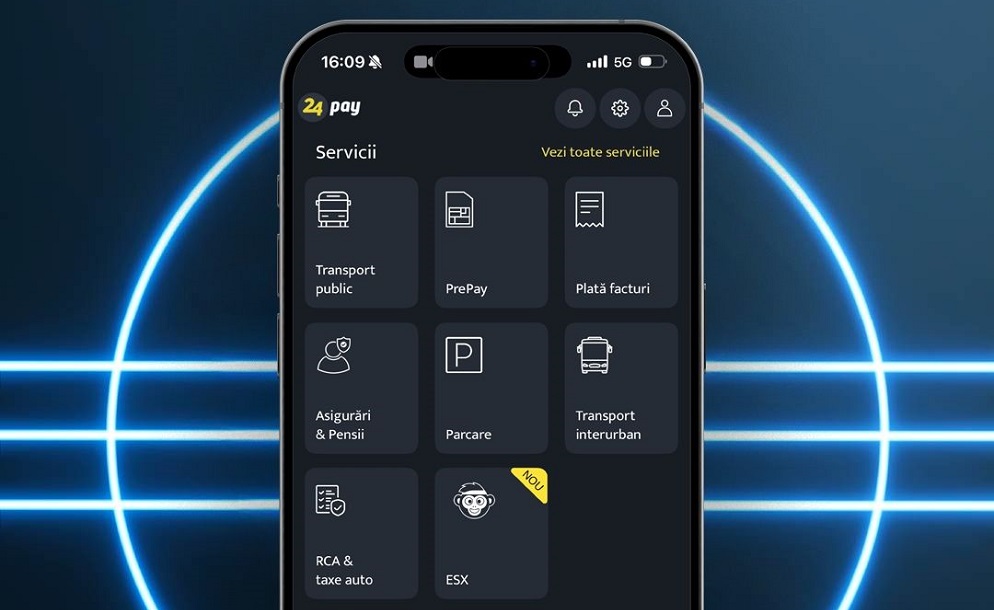Payment System Regulator sets out next steps on expanding variable recurring payments in the UK

The Payment Systems Regulator (PSR) has published a response to its December call for views. This call for views set out initial proposals on how the PSR could support the Phase 1 expansion of Variable Recurring Payments (VRPs) to regulated financial services, regulated utilities sectors, and local and central government.
Kate Fitzgeral – Head of Policy at the PSR, said: “More than 10 million consumers and businesses are benefitting from open banking in the UK. Our call for views response aims to provide the transparency around what’s needed to make sure open banking keeps growing, delivering new financial opportunities and services that increase choice and flexibility for consumers.
“This is an important step in keeping up momentum to expand the use of VRPs. We’ll continue to work closely with the ecosystem to ensure this happens effectively and identify where regulation will have the most impact – promoting competition and driving better value and outcomes for consumers.”
Expanding VRPs
Enabled through open banking, VRPs allow customers to safely set up recurring payments of varying amounts (for household bills for example) with greater visibility and control compared to existing payment methods.
Today’s PSR publication summarises stakeholder feedback on key areas around VRP expansion, including:
Coordinating expansion through a multilateral agreement (MLA): There was support for greater coordination, however, concerns were raised around the need for an MLA and whether it should include a central price. The PSR continues to think that an MLA could be an efficient way of managing relationships between sending firms and payment initiation service providers (PISPs). The PSR will work closely with the VRP implementation group to look at what specific rules an MLA should include and who might be best placed to operate it.
Mandated participation: There was support for some level of mandated participation, but also a suggestion that the PSR should not focus only on the ‘CMA9’. The PSR agrees with this, however, it still thinks a sufficiently large number of consumer accounts supporting VRPs is crucial to Phase 1’s success. The PSR will continue to assess the necessity and scope of mandated participation.
Pricing principles and possible price intervention: While more respondents than not supported the need for some form of central price, there were mixed views on how best to price Application Programming Interface (API) access for VRPs in Phase 1. The PSR will evaluate different pricing approaches, including those suggested by respondents. The PSR will also consider the potential effectiveness of interventions that do not establish a VRP API access price, such as price transparency or reporting requirements.
The PSR aims to share a set of updated proposals for stakeholder comment in the autumn. It will also publish a draft cost-benefit analysis to accompany these proposals.
Dariusz Mazurkiewicz – CEO at BLIK Polish Payment Standard
Banking 4.0 – „how was the experience for you”
„To be honest I think that Sinaia, your conference, is much better then Davos.”
Many more interesting quotes in the video below:










